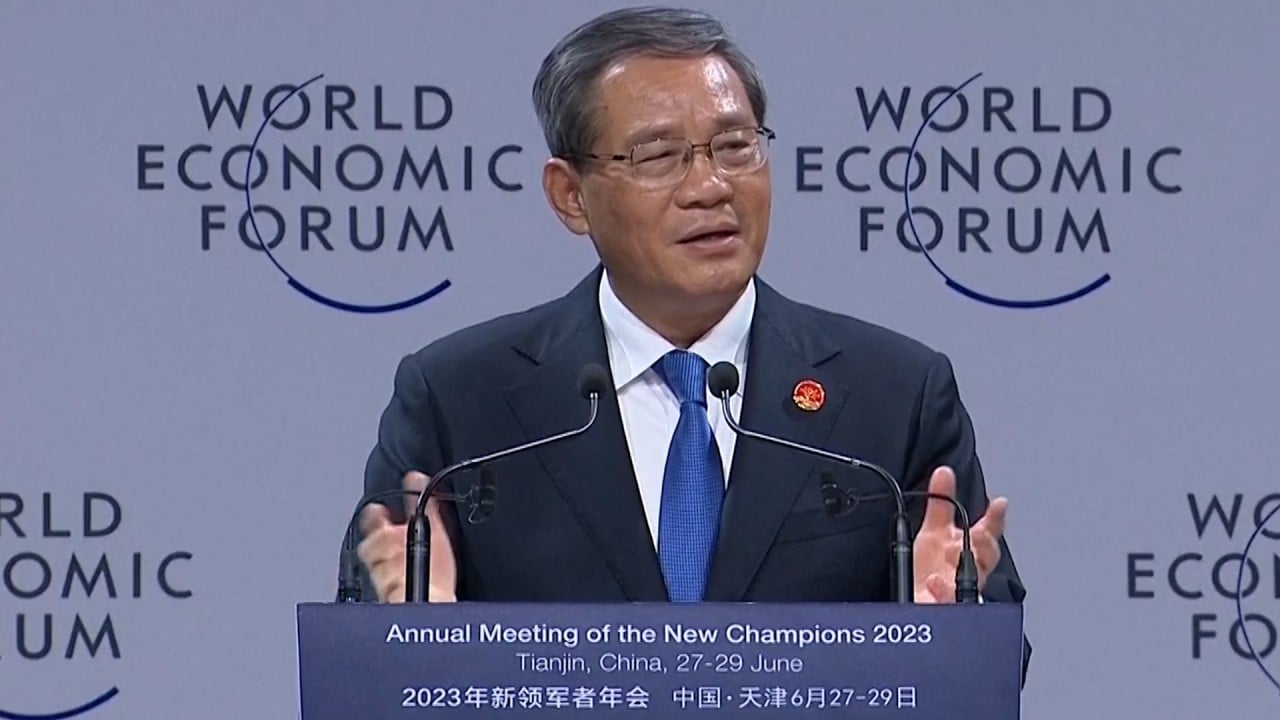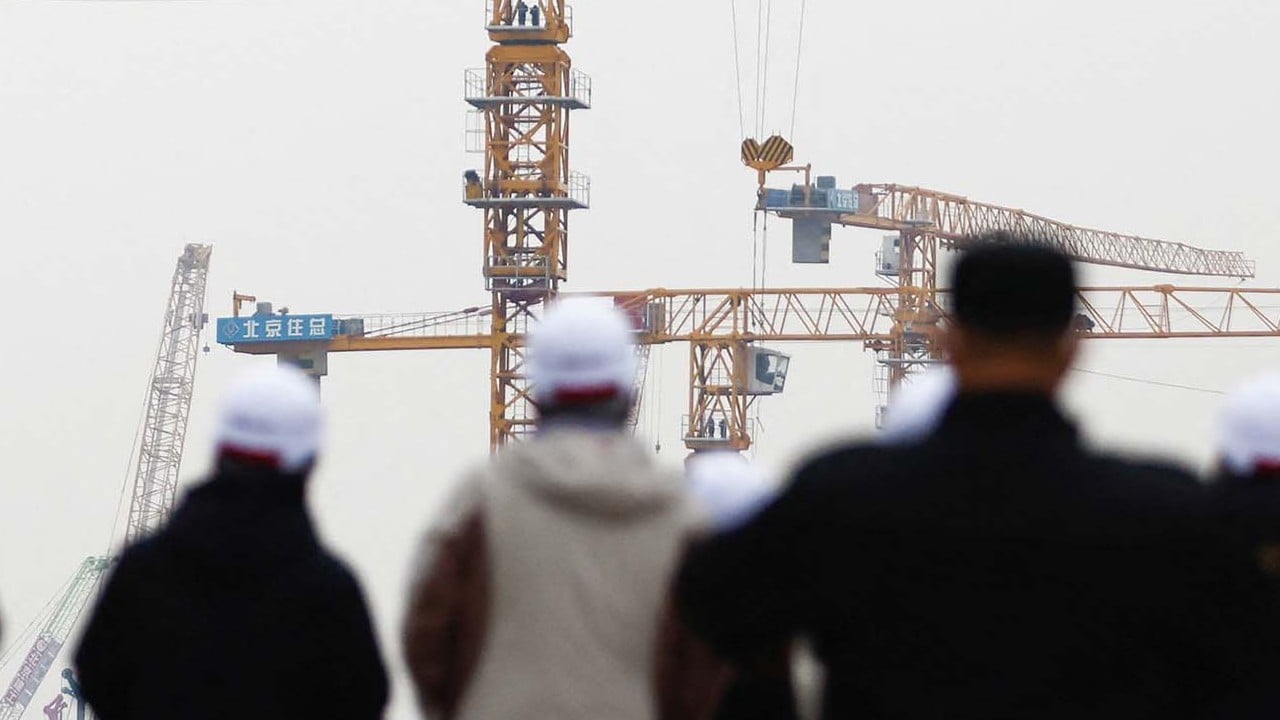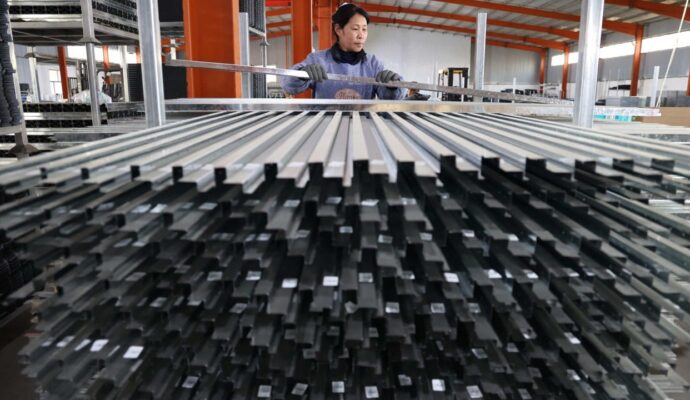He Wenlin, the ministry’s deputy head of research, said the changes were designed to promote the “free movement” of people, vehicles, information and data, and officials would strive to turn into guidelines into action by the end of this month.
A central plant of the package is for authorities to lower the bar for individuals to obtain an urban hukou, or household registration, to enable more skilled rural residents to live and work in cities.
The ministry said cities that had the capacity to do so should adopt the same standards for all hukou applications.
At present, the much-criticised decades-old rigid distinction between urban and rural dwellers limits the movement of the population.
Many experts have said the system denies migrant workers fair access to social services and deters them from spending more.
In addition, the ministry will make it easier for overseas business travellers to apply for landing visas, including those wanting to visit China for business meetings, exhibitions or investment but are unable to secure the permission before their trip.
Previously, such applications could only be made on “emergency” grounds.
After entry, frequent travellers will be able to upgrade their on-arrival visa to a multiple-entry one valid for up to three years.
Jia Tongbin, from the National Immigration Administration, said the changes were urgently needed and in the interests of stable industrial and supply chains.
“The move … will help domestic firms seize opportunities, secure orders, expand in international markets and gain an edge in a new revolution of industry,” Jia said.
Foreign nationals would also no longer have to surrender their passports when applying for residence permits in China, a change that Jia said would benefit at least 700,000 visitors.
Jens Eskelund, president of the European Union Chamber of Commerce in China, said the new visa measures were “a welcome step in the right direction” and, if realised in a timely manner, would address some inefficiencies experienced by the foreign business community.
“These measures by themselves will not be sufficient to restore business travel to pre-pandemic levels, nor to restore China’s attractiveness as a destination for foreign talent,” Eskelund said.
“For this to happen, other issues related to the business environment and general conditions for foreign companies – including the lack of transparency and predictability of China’s policy environment – will also need to be addressed.”
Peng Peng, executive chairman of the Guangdong Society of Reform, a think tank affiliated with the provincial government, agreed, saying that while the 26-point package would help build a better business environment, it was not a “sufficient condition” for economic growth.
“While facilitating residency, visas and residence permits can certainly make it easier for people to move around, it doesn’t necessarily guarantee profitability for everyone involved,” he said.




